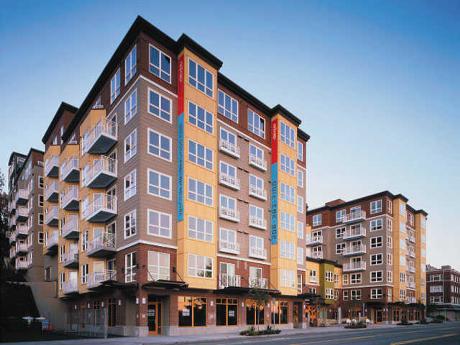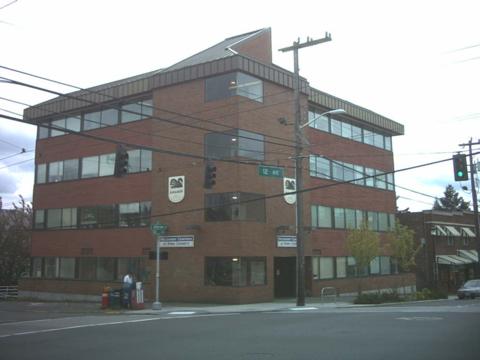Owning a home is “the most lyrical of American symbols,” Max Lerner once called one’s quest to purchase a little piece of My Blue Heaven. For Seattle renters, jolted up against hard economics, it is becoming an unattainable fantasy. Just being able to afford a meager apartment is rapidly growing out of the reach of many. Between 2010 and 2013, the city’s renters endured a huge hit to their pocketbooks — more so, in fact, than any other large U.S. city. The gross median rent here, meaning the cost of rent and utilities, rocketed by $113, or nearly 11 percent, making it the sharpest rise in rent among the nation’s 50 largest cities. Last year, the median amount paid by renters, across all size units, hit $1,172.
The problem is even more pronounced in San Francisco, where median rent for a one-bedroom apartment now sits at just over $3,000 a month. Frustration continues to mount. Angry tenants have taken to parading in protest outside the homes of Google employees or at bus stops where tech workers board company-subsidized commuter vans.
Now the battle in the City by the Bay turns to the ballot box. Next month, voters will decide the fate of Proposition G, a button-pushing measure that would impose an enormous tax on property owners who resell residential buildings within five years of buying them.
“It the biggest and hottest issue by far on the ballot, without question,” Nick Pagoulatos tells Seattle Weekly today. Pagoulatos is a legislative aide to Supervisor Eric Mar, who sponsored Prop G, which, if successful, would raise the tax on the sale of many multi-unit residential properties by a whopping 24 percent if the owner decides to flip the building for a hefty profit.
“Hopefully, this will discourage developers from speculating, while at the same time provide the city with a revenue stream if they do decide to resell the units,” says Pagoulatos.
The New York Times reports that in the 12 months ending in February 2014, there were 1,977 evictions, up 55 percent from 2010. “Many more tenants have accepted buyouts from owners eager to get them out.”
One of the major forces driving Prop G, other than the fact that San Francisco has become, in many ways, an enclave for the wealthy, and at the expense of the middle class, is a decades-old law called the Ellis Act.
The Ellis Act permits landlords to get rid of their tenants if they take all the units in the building off the rental market for at least five years. Usually, the buildings are redeveloped and the apartments sold off for huge sums of money – all of which increases the specter of eviction.
Although, the city is now mandating cash payouts to evicted tenants, it has not been enough to curtail the housing affordability crisis.
Much is stake and a lot of money has been spent, mainly by large real estate associations, to defeat Prop G: more than $1 million compared to around $100,000 raised by the measure’s proponents.
The latest polling shows the race is going to be a very close one.









